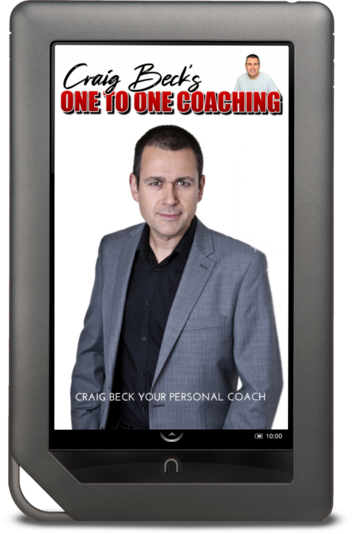Breathe Easy: How Mindful Breathing Can Help with Anxiety
May 02, 2023Breathe Easy: How Mindful Breathing Can Help with Anxiety
Anxiety is an emotion that can manifest in various ways, including excessive worry, irritability, and physical symptoms such as a rapid heartbeat and shortness of breath. One effective technique for managing anxiety is mindful breathing, a simple yet powerful practice that can help calm the mind and relax the body.
In this article, we'll explore the benefits of mindful breathing, provide step-by-step instructions for practicing it, and discuss how it can be integrated into your daily life to support your journey toward overcoming anxiety.
The Science Behind Mindful Breathing and Anxiety
Mindful breathing, also known as diaphragmatic or deep breathing, involves taking slow, deep breaths that engage the diaphragm, a muscle below the lungs. This type of breathing has been shown to:
-
Activate the parasympathetic nervous system: Deep, slow breaths stimulate the vagus nerve, activating the body's relaxation response, reducing heart rate and blood pressure.
-
Lower cortisol levels: Cortisol is a hormone associated with stress. By engaging in mindful breathing, you can help reduce cortisol levels in the body, promoting relaxation and reducing anxiety.
-
Improve focus and concentration: Focusing on your breath can help quiet the mind, allowing you to become more present and less distracted by anxious thoughts.
-
Encourage emotional regulation: Mindful breathing can help create a sense of distance from overwhelming emotions, making it easier to observe and manage them.
How to Practice Mindful Breathing
Follow these simple steps to practice mindful breathing:
-
Find a comfortable position: Sit or lie down in a quiet, relaxing space. You can sit in a chair with your feet flat on the floor or on a cushion with your legs crossed.
-
Close your eyes: This can help you focus on your breath and eliminate external distractions.
-
Place one hand on your chest and the other on your abdomen: This will allow you to feel the movement of your breath as you inhale and exhale.
-
Inhale slowly through your nose: As you breathe in, focus on the sensation of your breath filling your lungs, and notice your abdomen rise.
-
Exhale slowly through your mouth: As you breathe out, feel your abdomen fall and release any tension in your body.
-
Repeat for several breaths: Continue this pattern of slow, deep breaths, focusing on the sensations of your breath and maintaining a steady rhythm.
-
Observe your thoughts: If your mind begins to wander, gently bring your focus back to your breath without judgment.
Incorporating Mindful Breathing into Your Daily Life
Mindful breathing can be practiced anytime and anywhere to help manage anxiety. Here are a few suggestions for integrating it into your daily routine:
-
Set aside time for practice: Dedicate a specific time each day for mindful breathing, such as when you wake up, before bed, or during a break at work.
-
Use it during stressful situations: When you feel anxious or overwhelmed, take a few moments to practice mindful breathing. This can help you regain a sense of calm and control.
-
Combine it with other mindfulness techniques: Consider incorporating other mindfulness practices, such as meditation or body scans, to enhance the benefits of mindful breathing.
-
Make it a habit: The more you practice mindful breathing, the more natural and effective it will become in helping you manage anxiety.
Conclusion
Mindful breathing is a simple yet powerful tool that can help you manage anxiety and promote overall mental and physical well-being. By incorporating this practice into your daily life, you can develop a greater sense of calm, focus, and emotional resilience. As you explore the resources available through "Anxiety Lied To Me" and the online coaching program at www.craigbeck.com, consider integrating mindful breathing as part of your holistic approach to overcoming anxiety.
Remember that consistent practice is critical to reaping the benefits of mindful breathing. By dedicating time daily to focus on your breath and observe your thoughts, you can cultivate inner peace and tranquility, even in the face of life's challenges.
As you continue to practice and hone your mindful breathing skills, you'll be better equipped to navigate the complexities of anxiety and embrace a more balanced, fulfilling life.




